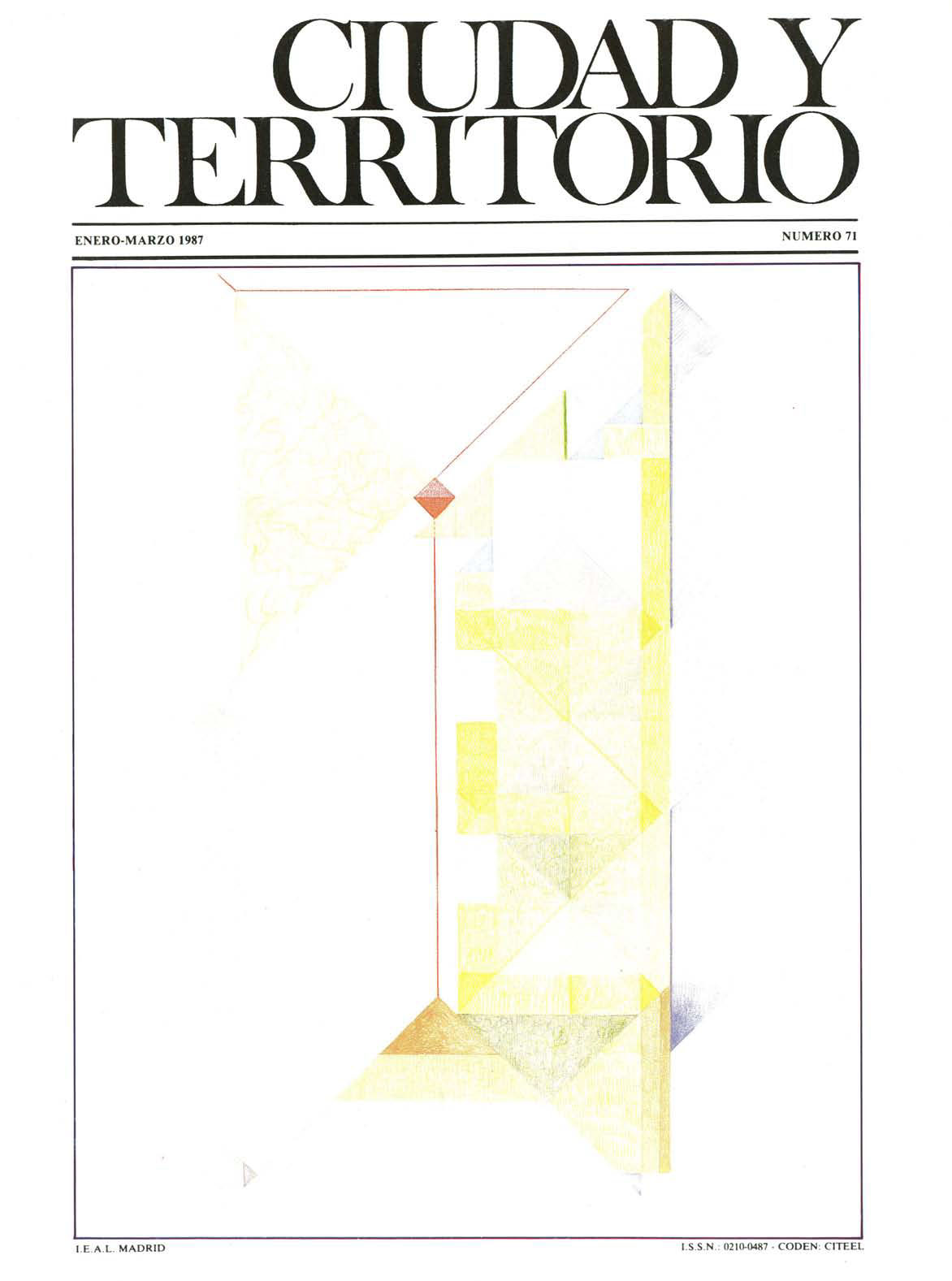Putting the university's function into an urban context: Urbanism and architecture in the City of Córdoba (Argentina)
Abstract
This paper begins with a synthetic historical précis of the City of Córdoba (Argentina) laying emphasis on its origens as a university city as from the founding of El Colegio Máximo in 1608. Town-and-gown interplay and the way that this has adapted itself throughout the city's history is shown as going through various transformations in step with the changing role of the university and the way that this has been understood by the citizens. It would be difficult to understand the city were its academic background to be forgotten. The project put forward by three authors of this paper before the Faculty of Architecture And Urbanism of the National University of Cordoba is based on an academic community-productive community connection that would call for a spacial re-organization of the university's function that would lead to its complete intergration within the city's urban being and in which the river, far from remaining a limiting boundry, would become a structuring axis of the place. The proposition imaginatively calls for preservation, renovation, rehabilitation and re-cycling policies and at all times underlines the important part that urban design must play as the key factor in such a process
Downloads
Downloads
Published
How to Cite
Issue
Section
License
Copyright (c) 1987 Jorge Mario Ruiz Varela

This work is licensed under a Creative Commons Attribution-NonCommercial-NoDerivatives 4.0 International License.
Considering the provisions of the current legislation on Intellectual Property, and in accordance with them, all authors publishing in CyTET give -in a non-exclusive way and without time limit- to the Ministry of Transport, Mobility and Urban Agenda the rights to disseminate, reproduce, communicate and distribute in any current or future format, on paper or electronic, the original or derived version of their work under a Creative Commons Attribution-NonCommercial-NoDerivative 4.0 license International (CC BY-NC-ND 4.0), as well as to include or assign to third parties the inclusion of its content in national and international indexes, repositories and databases, with reference and recognition in any case of its authorship.
In addition, when sending the work, the author(s) declares that it is an original work in which the sources that have been used are recognized, committing to respect the scientific evidence, to no longer modify the original data and to verify or refute its hypothesis. Author(s) also declare that the essential content of the work has not been previously published nor will it be published in any other publication while it is under evaluation by CyTET; and that it has not been simultaneously sent to another journal.
Authors must sign a Transfer of Rights Form, which will be sent to them from the CyTET Secretariat once the article is accepted for publication.
With the aim of promoting the dissemination of knowledge, CyTET joins the Open Journal Access (OA) movement and delivers all of its content to various national and international indexes, repositories and databases under this protocol; therefore, the submission of a work to be published in the journal presupposes the explicit acceptance by the author of this distribution method.
Authors are encouraged to reproduce and host their work published in CyTET in institutional repositories, web pages, etc. with the intention of contributing to the improvement of the transfer of knowledge and the citation of said works.








 Enlace a CyTET en Linkedin
Enlace a CyTET en Linkedin